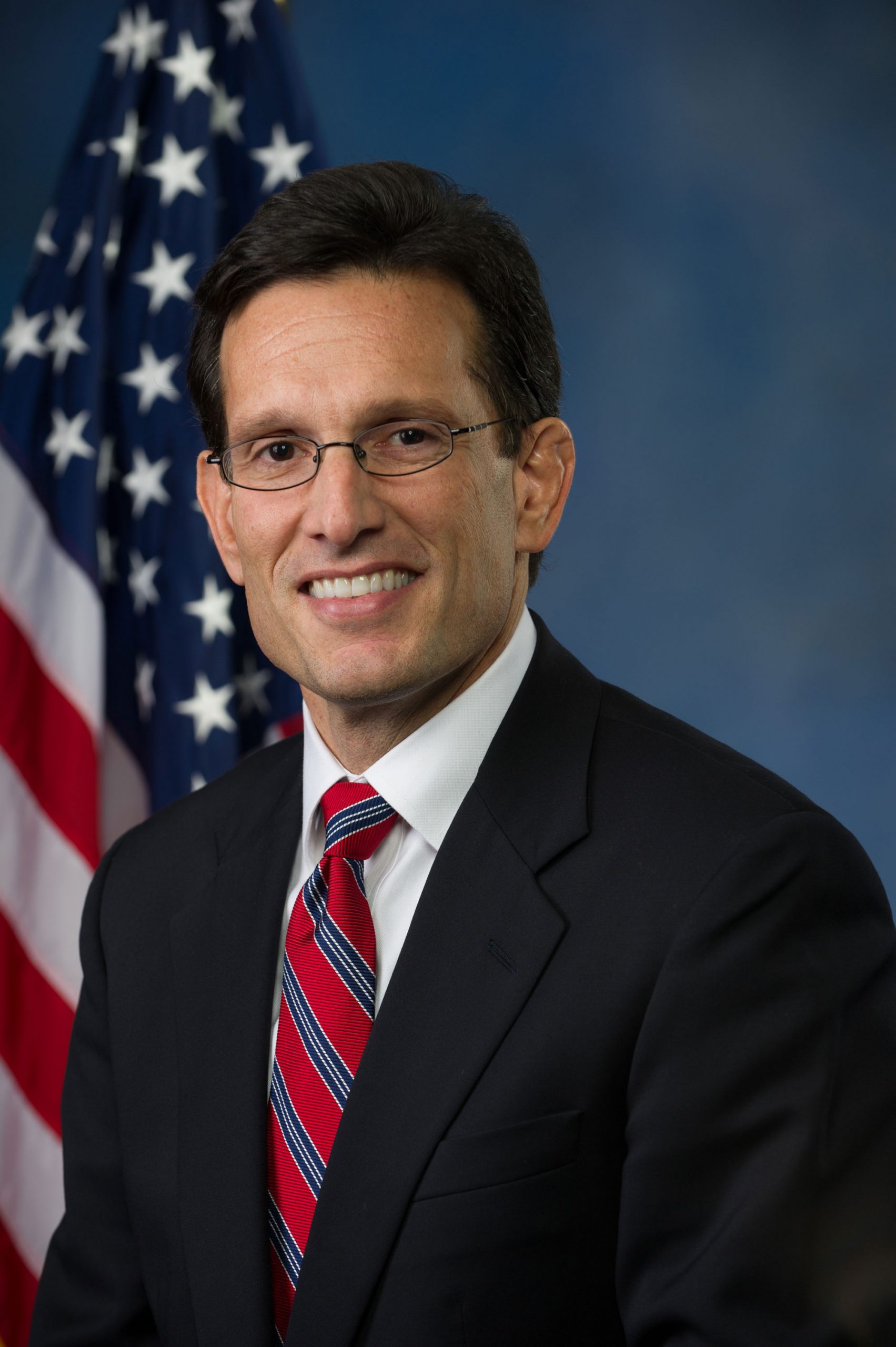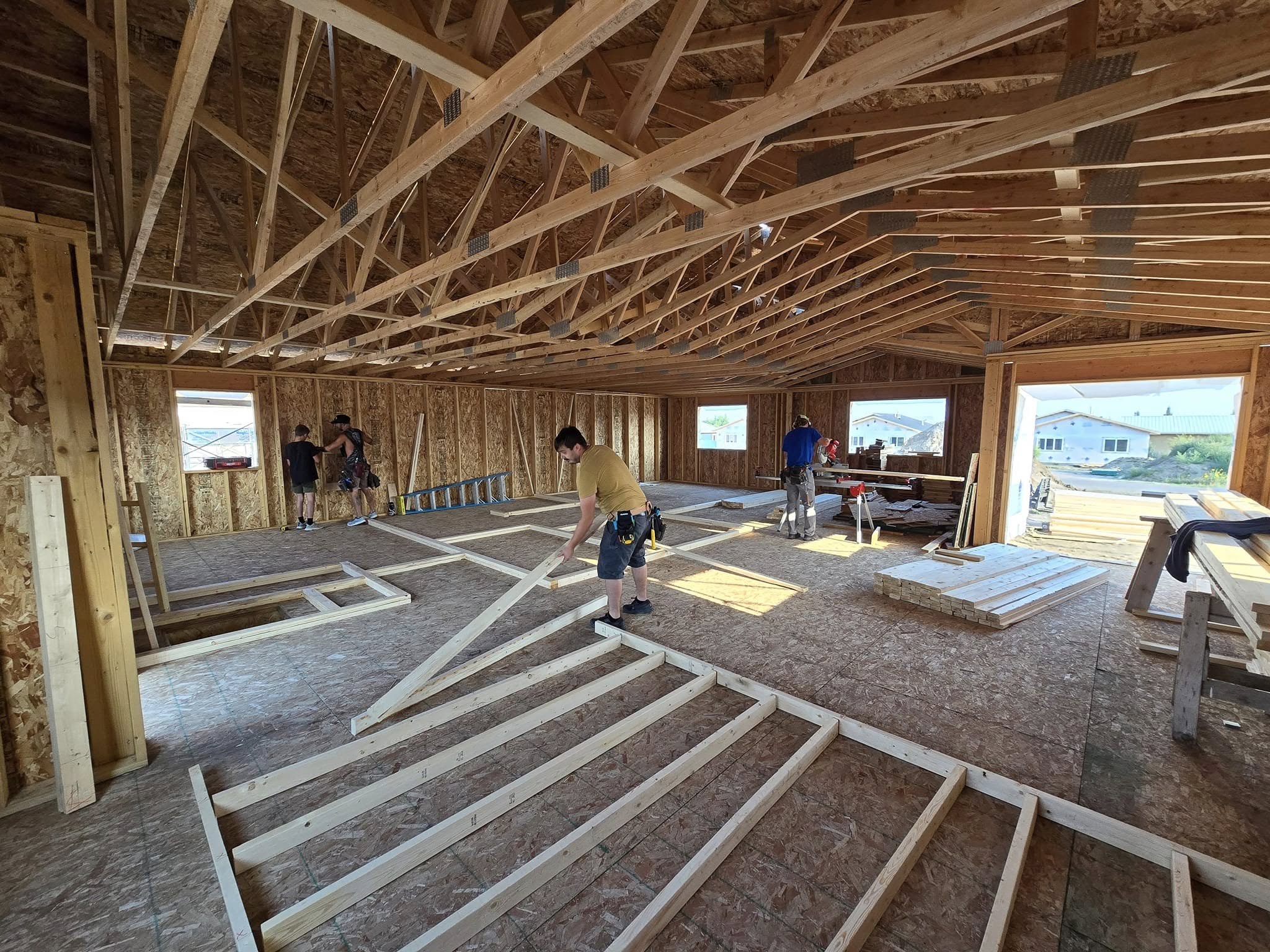
These signs have a homespun character that surely appeals to many disaffected voters, with a little tea kettle and stenciled lettering. One sign near my house reads, “Congress: Please don't help me anymore—I can't afford it!” Another quotes John Adams warning that once lost, one's freedoms are seldom regained.
After Tea Party activists started showing up at county board meetings, local elected officials began taking every opportunity to challenge state and regional nonprofit agencies' budgets. At one point basic transit service for people to reach doctor appointments was cut back.
Not long after Obama introduced health care reform, the Koch Brothers' Americans for Prosperity outfit organized a rally on the Courthouse lawn at which “Socialism Isn't Cool” bumper stickers were handed out. Their message that socialists have taken over the White House has periodically reappeared in letters to the local newspaper ever since. While health care reform has receded somewhat since then as a primary issue, the national debt has been front and center. Cantor evidently lost not only because of his wishy-washy position on immigration reform, but also because Republican voters identified him with the free-spending ways of the federal government.
The breakdown of how votes were cast by precinct shows that escapees from the sprawl of Northern Virginia were willing to vote for Cantor, perhaps because nowadays even he is perceived as a moderate and many Northern Virginians depend on government for their pay. But in the suburbs outside Richmond, voters chose the Tea Party candidate overwhelmingly. Rural voters also went mostly for Brat.
The outcome of this primary could be good news for supporters of progressive causes, since it guarantees the Democrat in this fall's race will get much more attention. But this is also a reliably conservative district, so the odds the Democrat could win remain slim.




Comments